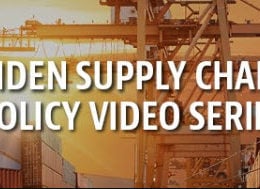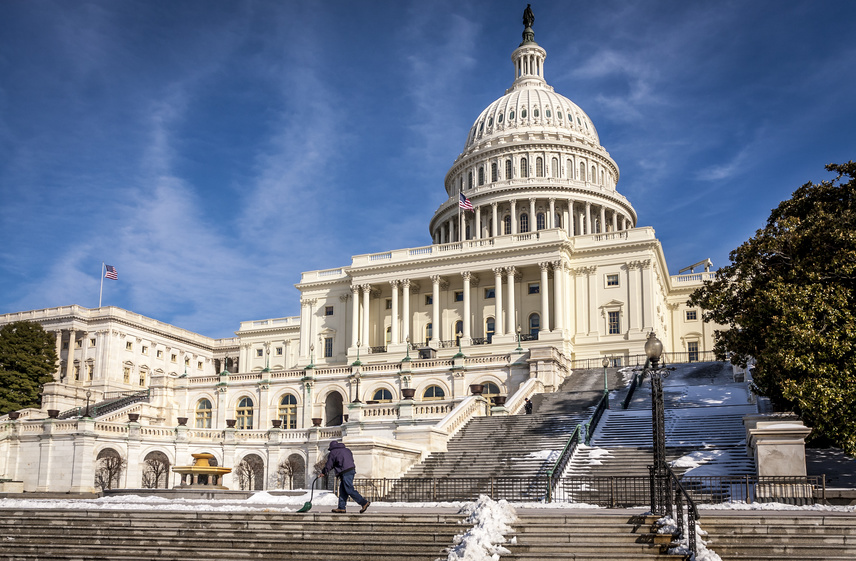On 9 March 2024, the Biden Administration released its proposed budget for fiscal year 2025, and the Treasury Department released its General Explanations of the Administration’s Fiscal Year 2025 Budget Proposals, commonly known as the “Greenbook.” Many of the proposals in this year’s Greenbook appeared in earlier years, but a few proposals are new or modified. Due to the divided Congress and competing political priorities during a general election year, there is little chance that any of the Greenbook proposals will be passed into law in 2024. However, the Greenbook illustrates the consistency of the President’s tax policy objectives during his first term and maps out priorities for a possible second term.
For months, Treasury’s attention may have been focused on guidance implementing the Inflation Reduction Act, particularly the green energy provisions. Seasoned tax professionals know better than to let their guards down as fall turns to winter, however. Treasury and the IRS are notorious for releasing a flurry of guidance before the new year, often addressing imminent deadlines or tidying up loose ends.
The United States tax treaty with Chile has finally been approved by the Senate, over a decade after its original signature on 4 February 2010.
On 22 June 2023, the Senate voted 95-2 to pass the resolution of advice and consent to ratification of the Convention Between the Government of the United States of America and the Government of the Republic of Chile for the Avoidance of Double Taxation and the Prevention of Fiscal Evasion with Respect to Taxes on Income and Capital. The treaty now heads to the President for official ratification.
On 9 June 2023, the White House released a memorandum of agreement between the Treasury Department and the Office of Management and Budget, which clarifies that tax regulations will not be subject to review by the Office of Information and Regulatory Affairs and, in doing so, supersedes and essentially reverses a 2018 memorandum of agreement from the Trump administration.
In April 2023, the IRS issued its Inflation Reduction Act Strategic Operating Plan, which describes how the IRS intends to use the additional USD 80 billion in funding for fiscal years 2023 through 2031 provided by the Inflation Reduction Act.
On Tuesday, 20 December 2022, the OECD released a highly anticipated consultation document on Digital Services Taxes (DSTs) and relevant similar measures. This consultation document provides draft articles for inclusion in the Multilateral Convention to implement the agreement reached by members of the Inclusive Framework with respect to DSTs and relevant similar measures.
The semiconductor shortage is increasingly obvious, from the automotive industry to consumer electronics. In fact, the chip shortage has even been referenced as a potential matter of national security. H.R. 4346, better known as the CHIPs and Science Act, was signed into law by President Biden on 9 August 2022 and seeks to promote semiconductor supply chain resilience by establishing incentives to increase the production of microchips and related devices, including through an effectively refundable tax credit, as well as through other measures.
Baker McKenzie is pleased to launch the second in our Biden Supply Chain Policy video series focused on the semiconductor and advanced packaging supply chain. This is one of four critical supply chains that has been a particular focus of the Biden Administration’s supply chain policies. In this video, Baker McKenzie associates discuss the legal and compliance considerations for companies operating in this sector with a specific focus on tax, trade and foreign investment review implications.
In an era where supply chain disruptions and risks are regular front-page news, the Biden Administration has been undertaking a range of initiatives intended to create resilient supply chains that reflect the administration’s policies around national security, foreign policy, human rights and the US economy.








